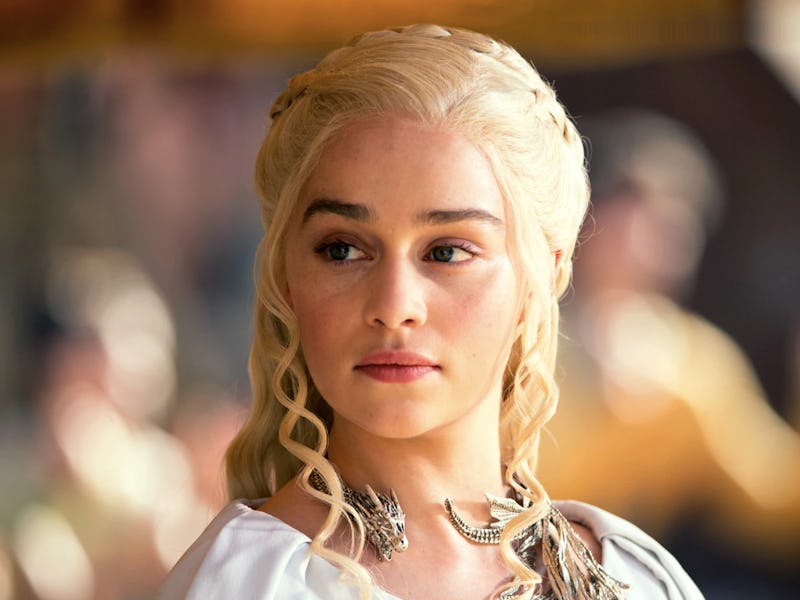Last of Us Just Stole a Trick That Game of Thrones Perfected
“Meet the new boss, same as the old boss.”

What would you do if the world ended and society collapsed? If you think the answer is something along the lines of: do my best to be a good person and help others, then you’re either lying or you’d be dead in a few years. At least, that’s the premise of The Last of Us (both the video game franchise and the HBO series) as it explores the remaining survivors 20 years after a fungus-powered zombie apocalypse.
In Episode 4, The Last of Us introduces a new group of people who rebelled against their fascist oppressors — only to become just as oppressive themselves. In the process, the series (maybe inadvertently) copies a central concept from HBO’s most successful franchise: Game of Thrones.
Game of Thrones and “the wheel”
In the world of Game of Thrones, the only sure bet is that whoever is in charge, the lower classes will suffer. Whether a Targaryen is on the Iron Throne or not, living in Westeros means your life unfortunately isn’t worth very much. This system of oppression is often referred to as a wheel, a reference to the fact that every time it turns so a new ruler can claim their place at the top, more people are crushed by the rotations below.
In the early and middle seasons of Game of Thrones, this is a major focus for Daenerys Targaryen, leading to one classic exchange between Tyrion Lannister and the Mother of Dragons:
Tyrion Lannister: It's a beautiful dream, stopping the wheel. You're not the first person who's ever dreamt it.
Daenerys Targaryen: I'm not going to stop the wheel, I'm going to break the wheel.
We see a similar situation play out in Last of Us Episode 4 when our protagonists wind up in Kansas City. By the time they arrive, the fascist military (FEDRA) has been defeated by a group led by a woman named Kathleen (Melanie Lynskey), but it soon becomes clear that life isn’t any better for everyone else still living there.
As soon as they get to town, Joel and Ellie are attacked and almost murdered by Kathleen’s followers. Later, she unleashes more of them on the inhabitants of the city, breaking down doors in an effort to find one surviving FEDRA informant. In other words, the wheel keeps turning.
Series co-creator Craig Mazin explains it succinctly in an Inside the Episode featurette from HBO:
“When there is a dramatic shift in power from an oppressive regime being overthrown by a revolutionary force, history is full of examples where the revolutionary force is just as bad as what was there before. And here in Melanie Lynskie, we have that embodied.”
Last of Us vs. Game of Thrones
Part of the reason Game of Thrones fizzled out, in the end, was because its characters seemingly abandoned the beliefs and character traits we loved in service of the plot. Tyrion was supposed to be the smartest guy in most rooms, and all of a sudden he was making one bad decision after another. Meanwhile, Daenerys completely abandoned her plans and happily murdered everyone in sight to claim the Iron Throne. By ditching those core concepts to reach a speedy conclusion, the show delivered an unsatisfying ending.
Luckily, Last of Us doesn’t have that problem. As should hopefully be clear by now (especially if you played the games), this is not a happy story. It’s a sad one about sad people living in a world where almost everyone is either evil or dead or a murderous mushroom. There’s little expectation that anyone even wants to break the wheel, which means you probably won’t be disappointed when that doesn’t happen.
The Last of Us is streaming now on HBO and HBO Max.
This article was originally published on